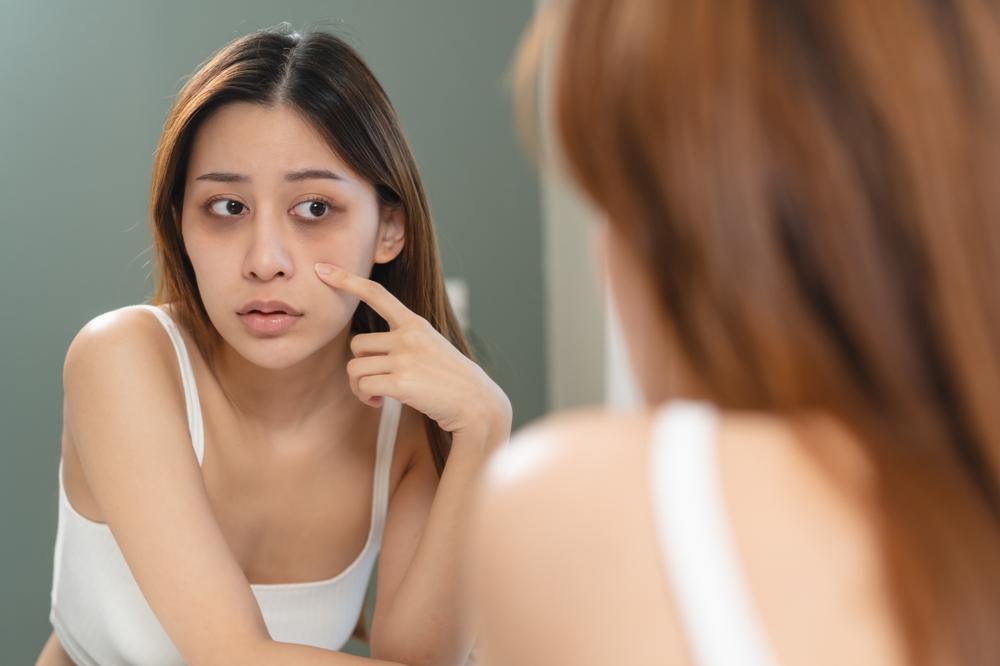Dark circles under the eyes, while not a serious health issue, can be a source of frustration for those who feel they make them look older, tired, or unwell. Fatigue is a common culprit, but there are numerous other factors at play, ranging from allergies and skin conditions to genetics and sun exposure. Regardless of the cause, many individuals seek ways to reduce or eliminate the appearance of these pesky shadows through a mix of home remedies and professional treatments.
The causes of dark circles are varied. Allergies, eczema, and even frequent rubbing or scratching of the eyes can contribute. Additionally, natural aging plays a significant role, as the loss of collagen and fat under the eyes makes the underlying blood vessels more noticeable. Sun exposure, too, can exacerbate pigmentation irregularities, making dark circles appear even more pronounced. While these causes are often beyond one’s immediate control, understanding them can help in choosing the most effective remedies.
Home remedies are a popular starting point for tackling dark circles. For instance, cold compresses can constrict dilated blood vessels, potentially reducing the darkness under the eyes. Elevating your head while sleeping may also help by preventing fluid from pooling in the lower eyelids, which can add to the shadowy appearance. Some individuals swear by natural treatments like chilled cucumber slices or a mixture of almond oil and vitamin E applied nightly. While these approaches may not work for everyone, they offer a simple and cost-effective place to begin.
Over-the-counter moisturizers are another option, with many containing ingredients like caffeine, vitamin E, and hyaluronic acid that can help improve the skin’s appearance. These products aim to reduce puffiness, brighten skin, and promote hydration, which may lessen the prominence of dark circles. For those seeking a more intensive solution, dermatological treatments such as chemical peels, laser therapy, or injectable fillers can target the underlying causes more effectively, albeit at a higher cost.
As with any cosmetic concern, addressing dark circles often requires patience and consistency. While home remedies and topical treatments can be helpful, consulting a dermatologist may be necessary for more stubborn cases or when underlying medical conditions are involved. Ultimately, the approach depends on personal preferences, lifestyle, and the specific factors contributing to the dark circles. For those committed to tackling this common issue, a combination of good sleep habits, skincare, and targeted treatments can make a noticeable difference over time.

